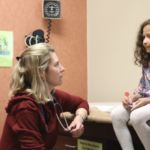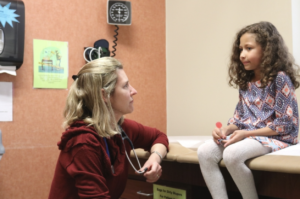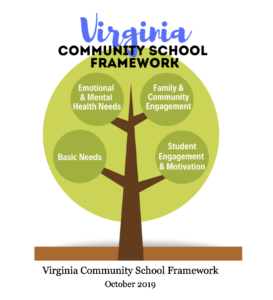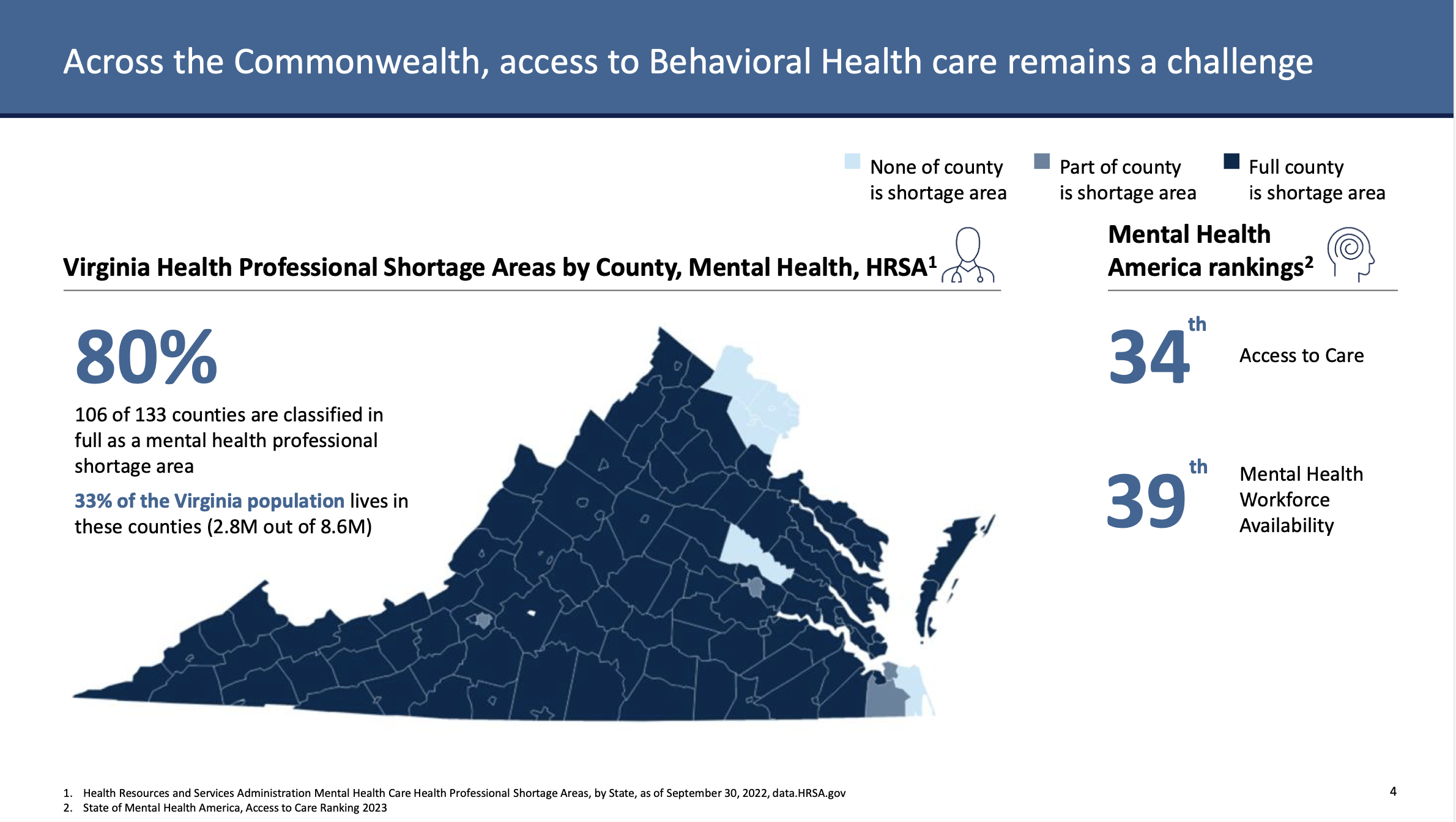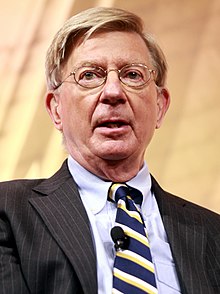by Kerry Dougherty
How is it that those of us without fancy degrees from prestigious universities or medical training intuitively KNEW that the Covid-19 lockdowns and school closures would have a profoundly negative effect upon kids?
I watched one of my nieces, who graduated from high school in 2021, spend her junior year at home, isolated from her friends and extended family. A future physician and excellent student, she sat alone, doing class work off of a computer screen. On top of that, her entire social structure was dismantled. There were no sleepovers or parties, no sports, dances or proms. When schools finally reopened she was seated more than 6 feet away from the nearest other student at lunch and if they dared speak to each other, a teacher would scream, “NO talking!”
All for a virus that barely affected kids, as we all knew from the earliest weeks of the pandemic.
I worried about her and her friends. Turns out, she’s OK. Some of her classmates? Not so much.
Last week, UVA Today published a study showing a sharp increase in the number of attempted suicides by children ages 10 to 19 from 2020 on.
The rate of suspected suicide attempts by poisoning among children and adolescents ages 10 to 19 reported to U.S. poison centers increased 30% during 2021 – the COVID-19 pandemic’s first full year – compared with 2019, a new UVA Health study found.
Attempted suicides continue to climb.
Continue reading




